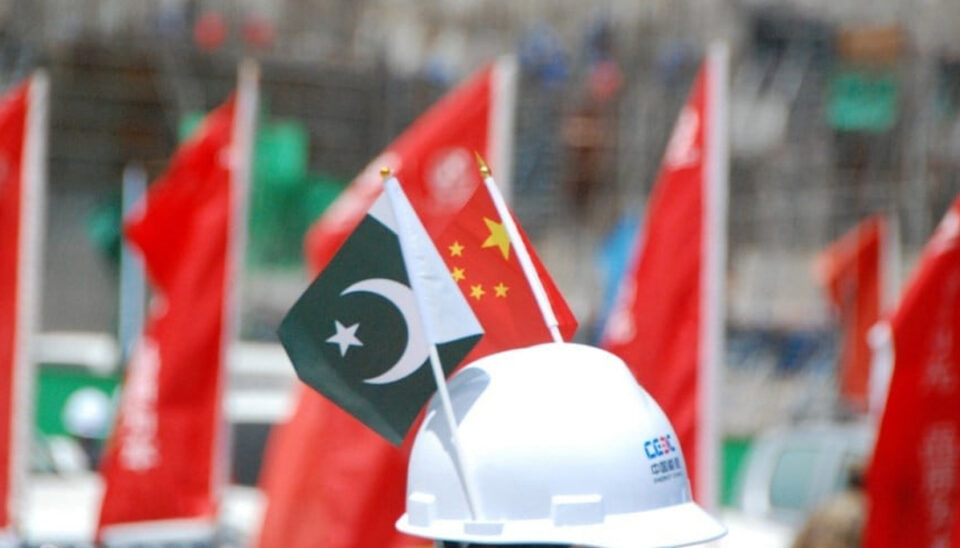Pakistani Team Heads to Beijing for CPEC Debt Negotiations
A Pakistani delegation is en route to Beijing to negotiate reduced interest rates and an extension on the debt for China-Pakistan Economic Corridor (CPEC) energy projects and nuclear power plants. However, Chinese companies have made it clear that they will not renegotiate power purchase contracts.
Background and Current Situation
Representatives from three major Chinese companies emphasized that decisions regarding restructuring the energy debt should be made between Chinese banks and Pakistani authorities. They have ruled out changing their own terms and conditions, which include profit margins and idle capacity payments agreed upon in the Power Purchase Agreements.
Finance Minister Muhammad Aurangzeb will meet with Chinese officials to seek an extension on the repayment of debt taken by both the Pakistani government and Chinese companies for setting up power plants. Pakistan’s debt for these projects, including nuclear power plants and CPEC energy projects, is estimated at around $17 billion.
Pakistan’s Proposal
Pakistan has proposed an 8-year extension on energy debt repayments, converting the lending currency from the US dollar to the Chinese Yuan, and a reduction in interest rates. If accepted, these concessions could lower electricity prices by Rs6 to Rs7 per unit, with Chinese power plants alone contributing a reduction of Rs3 to Rs4 per unit. The proposal includes switching from the Secured Overnight Financing Rate (SOFR) to the Shanghai Interbank Offered Rate (SHIBOR) and reducing the interest spread over these rates, potentially cutting debt costs by 5%.
Pakistan seeks to extend the repayment period from 10 years to up to 18 years, spreading the energy tariff’s cost over a longer period. This fiscal year, Pakistan is scheduled to repay over $2 billion in energy debt to Beijing and is looking for relief amid economic distress.
Challenges and Responses
The new average electricity price in Pakistan is Rs33 per unit, with over Rs18 per unit attributed to idle capacity payments. Industrialists and residential consumers are pressuring the government to reopen Power Purchase Agreements to avoid these payments. However, the government and Chinese companies maintain that these agreements, based on the 2014 energy policy, cannot be renegotiated.
Chinese executives from Sahiwal Power Plant, Port Qasim Power Plant, and China-Hubco Power Plant, which have a combined capacity of 3,960 megawatts, argue that the take-or-pay condition is standard globally and essential for attracting foreign investment. They point out that 10 years ago, Pakistan faced severe power outages, and local investors were reluctant to invest in the energy sector.
Comparative Costs
The Chinese power plants are producing electricity at lower costs compared to government-owned plants. According to a recent government merit order, Port Qasim produces electricity at Rs13.88 per unit, China-Hub at Rs13.93 per unit, and Sahiwal at Rs18.30 per unit. In contrast, government-owned plants produce electricity at over Rs24 per unit.
Chinese representatives stress that their return on equity is not higher than prevailing interest rates in Pakistan and that due to the foreign currency crisis, they have been unable to transfer dividends back to their parent companies, resulting in eroded profits due to currency depreciation.
Future Prospects
Chinese companies have submitted a report to the Pakistani government on reducing energy costs, but no progress has been made. They warn that reopening long-standing agreements could deter future Chinese investment in Pakistan.
The companies are open to considering the conversion of local coal to imported coal based on scientific and commercial viability. However, they have not received complete details from the government on a related German consultant study.
Legal Action
Former interim commerce minister Gohar Ejaz announced that the Federation of Pakistan Chambers of Commerce and Industry (FPCCI) would approach the Supreme Court to challenge agreements with Independent Power Producers (IPPs), calling the current situation intolerable. However, past interventions, like the Reko Diq mining deal, have resulted in significant penalties for Pakistan, cautioning against hasty legal actions.
This complex situation highlights the challenges and strategic decisions facing Pakistan as it navigates its energy sector’s financial and operational landscape.

